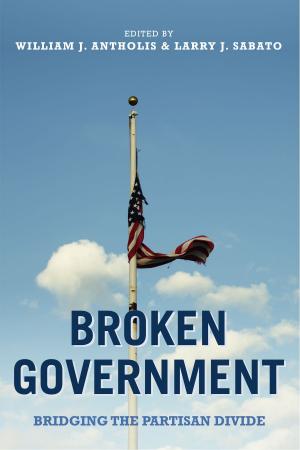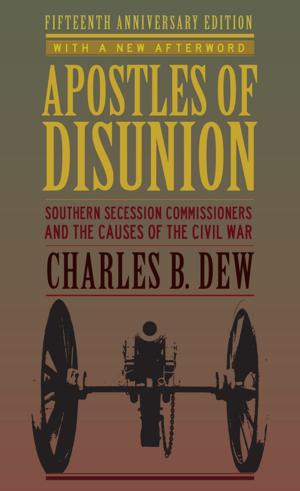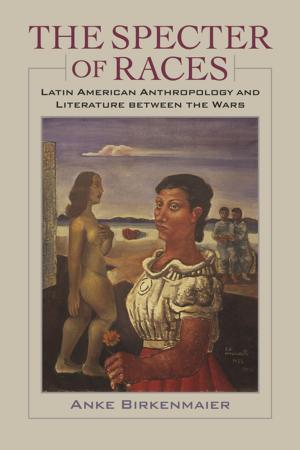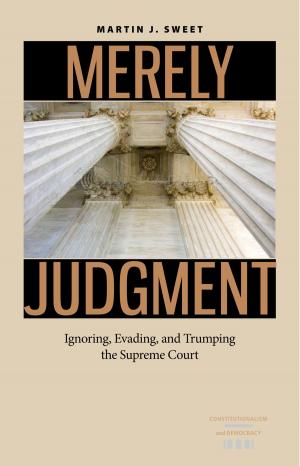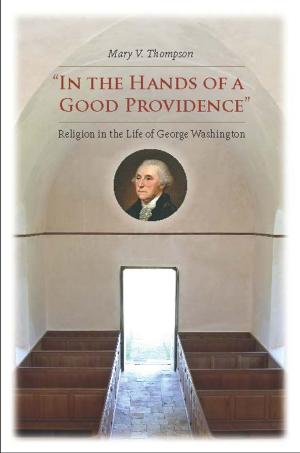Grief and Meter
Elegies for Poets after Auden
Fiction & Literature, Literary Theory & Criticism, American| Author: | Sally Connolly | ISBN: | 9780813938653 |
| Publisher: | University of Virginia Press | Publication: | November 9, 2016 |
| Imprint: | University of Virginia Press | Language: | English |
| Author: | Sally Connolly |
| ISBN: | 9780813938653 |
| Publisher: | University of Virginia Press |
| Publication: | November 9, 2016 |
| Imprint: | University of Virginia Press |
| Language: | English |
The elegizing of poets is one of the oldest and most enduring traditions in English poetry. Many of the most influential and best-known poems in the language—such as Milton’s "Lycidas," Shelley’s "Adonais," and Auden’s "In Memory of W. B. Yeats"—are elegies for poets.
In Grief and Meter, Sally Connolly offers the first book to focus on these poems and the role they play as a specific subgenre of elegy, establishing a genealogy of poetry that traces the dynamics of influence and inheritance in twentieth- and twenty-first-century poetry. She identifies a distinctive and significant Anglo-American line of descent that resonates in these poems, with British poets often elegizing American ones, yet rarely the other way around. Further, she reveals how these poems function as a means of mediating, effecting, and tracing transatlantic poetic exchanges.
The author frames elegies for poets as a chain of commemoration and inheritance, each link independent, but when seen as part of the "golden chain," signifying a larger purpose and having a correspondingly greater strength. Grief and Meter provides a compelling account of how and why these poems are imbued with such power and significance.
The elegizing of poets is one of the oldest and most enduring traditions in English poetry. Many of the most influential and best-known poems in the language—such as Milton’s "Lycidas," Shelley’s "Adonais," and Auden’s "In Memory of W. B. Yeats"—are elegies for poets.
In Grief and Meter, Sally Connolly offers the first book to focus on these poems and the role they play as a specific subgenre of elegy, establishing a genealogy of poetry that traces the dynamics of influence and inheritance in twentieth- and twenty-first-century poetry. She identifies a distinctive and significant Anglo-American line of descent that resonates in these poems, with British poets often elegizing American ones, yet rarely the other way around. Further, she reveals how these poems function as a means of mediating, effecting, and tracing transatlantic poetic exchanges.
The author frames elegies for poets as a chain of commemoration and inheritance, each link independent, but when seen as part of the "golden chain," signifying a larger purpose and having a correspondingly greater strength. Grief and Meter provides a compelling account of how and why these poems are imbued with such power and significance.



